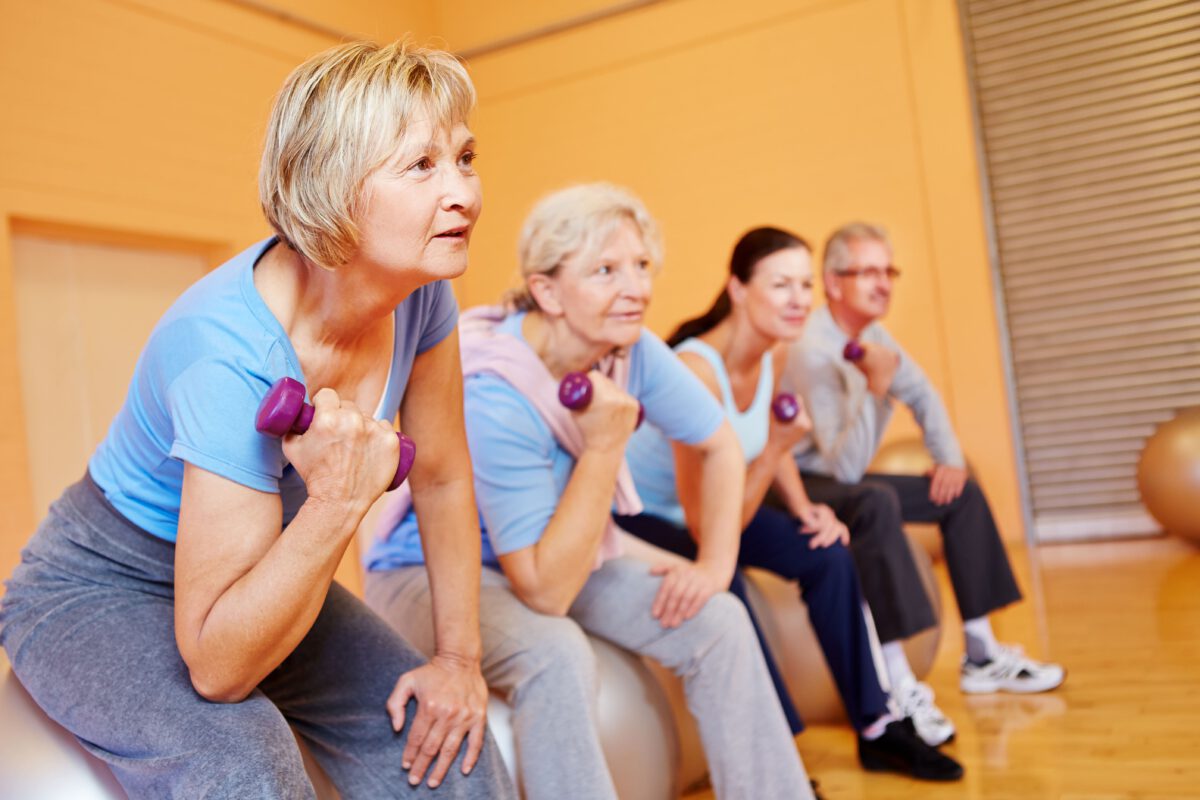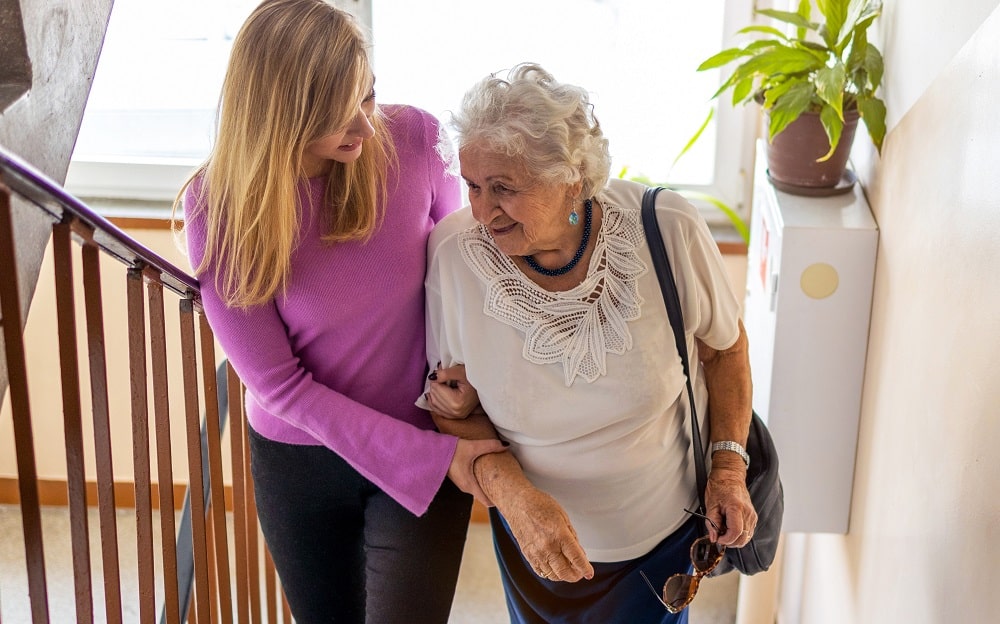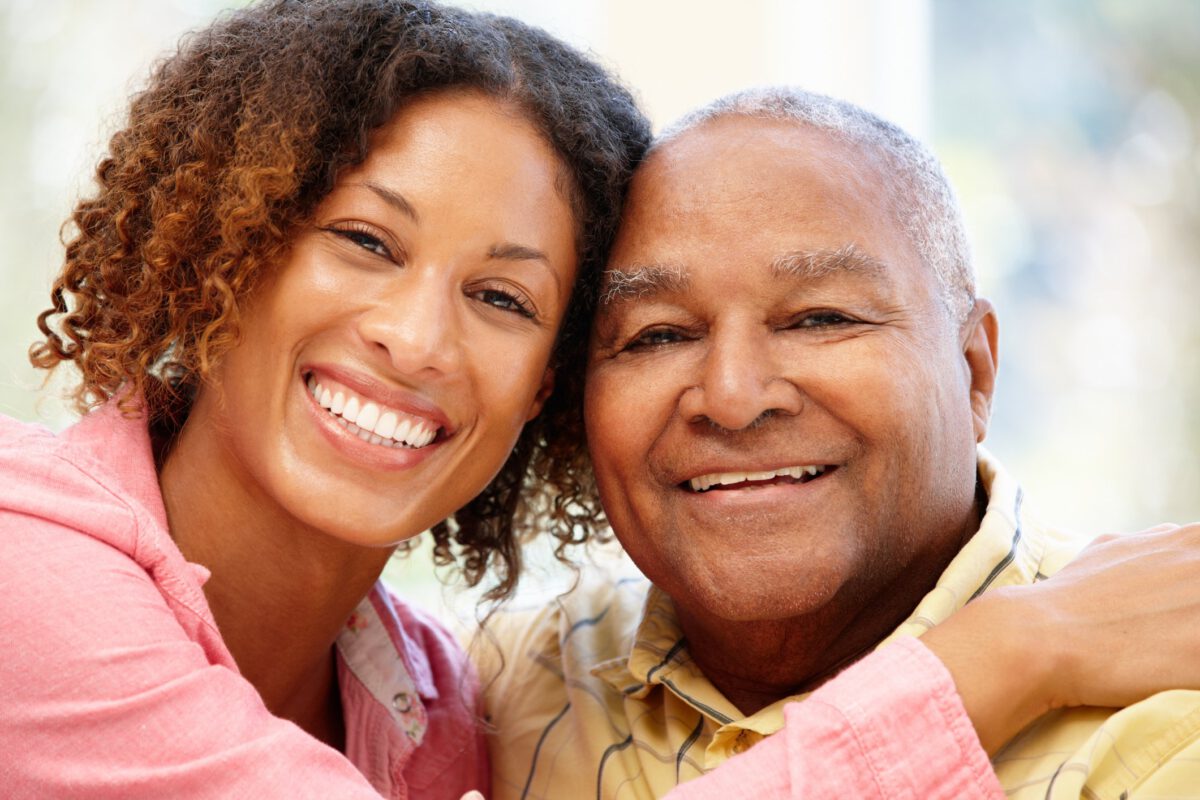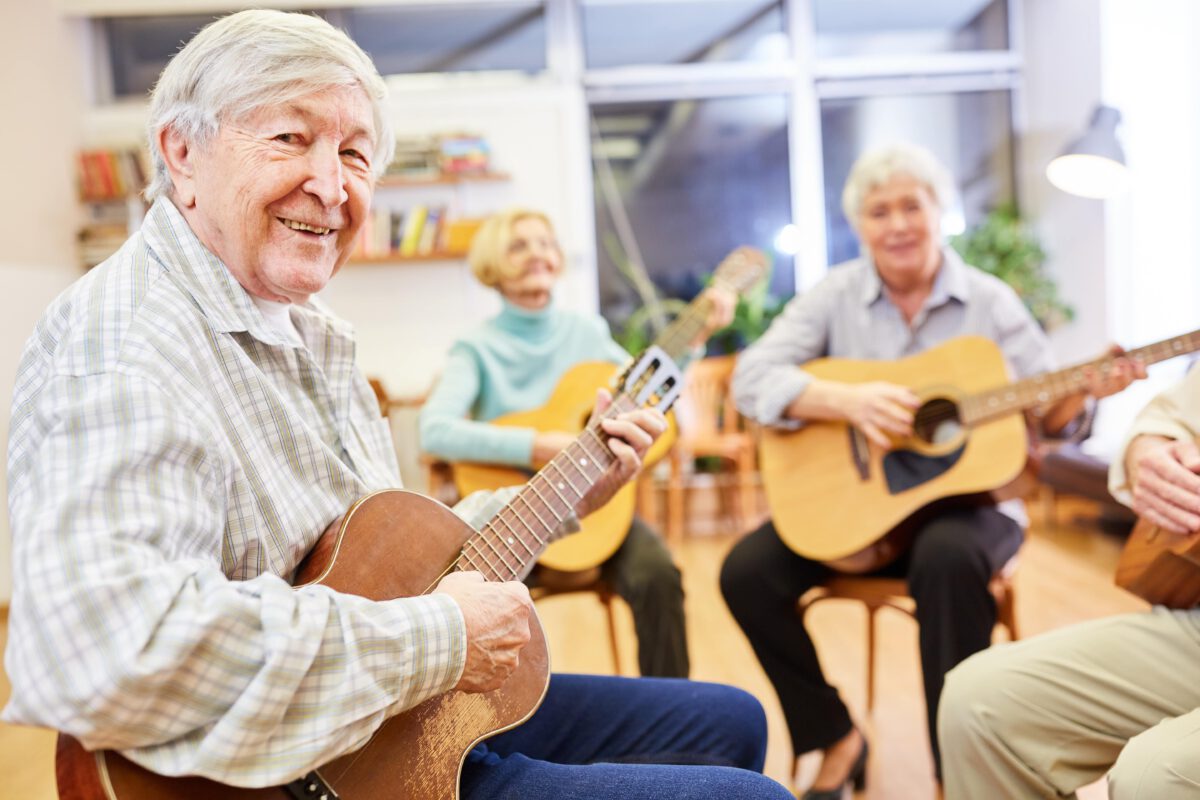Washington Update
By Orion Bell, Bob Blancato, Meredith Ponder WhitmireJanuary 29, 2021
You may be interested in:

News > CEO Blog
Take Action on Dementia Care
Approximately 6.5 million American live with Alzheimer’s or other dementias. According to Alzheimer’s Facts and Figures, experts estimate that 1 in 9 people ages 65 or older live with dementia. The Alzheimer’s Association projects that these figures will double by 2050, as the population of older adults continues to increase. The incidence of dementia increases with...

Articles
Ways to Manage Social Isolation
The negative impact and detrimental effects of social isolation remain an important topic. The AARP Public Policy Institute’s 2018 study “highlighted social isolation as the new silent killer – a major risk factor for a host of conditions, including heart disease, high blood pressure and early onset dementia.” AARP defines social isolation as “occur[ing] when people withdraw and become disconnected from family, friends and community” and reports, “… nearly 1 in 5 Americans 65 and older are socially isolated”. Given these startling statistics, what are ways we can reduce our risk and manage social isolation?

Articles
Taking a Teamwork Approach to Caregiving
As we age, most of us would prefer to stay within our own homes, but this becomes difficult as age and infirmities slow us down. Adding to this, grown children or other relatives may not live nearby. If we are caring for an older loved one who is living at home, they may also struggle to maintain their independence if they do not have all the support they need to manage their day-to-day life. The best way we can help a loved one in this situation is to plan ahead and assemble a team.

Articles
Bringing Exercise to Dementia Care
As caregivers, it can be challenging to keep a loved one engaged in healthy activities because of a lack of endurance, soreness or general lack of interest. Yet encouraging loved ones to participate in these activities can be important to improving their health and wellness. According to the National Institute on Aging and the Alzheimer’s Association, staying active has numerous benefits for people with dementia.

Articles
4 Tips to Help a Loved One Manage Stairs
If a loved one has mobility issues, a flight of stairs can sometimes seem like an insurmountable obstacle. At the same time, being able to move freely and safely throughout the home is imperative for a loved one's independence. In addition, the social and emotional benefits of leaving the home from time to time should not be neglected just because a few stairs are in the way.

Articles
Preparing for Taking on Caregiving Responsibilities
When preparing for big life events, many families like to come up with a plan. But when it comes to caregiving, many families are not as proactive, even though over 34 million Americans provide unpaid care to an adult age 50 or older. In fact, many families wait until a crisis happens to begin important discussions, which can leave them scrambling to figure out care options. When planning for our future caregiving responsibilities, or preparing our loved ones to take on our own care as we age, we should hold discussions about finances, as well as values and preferences to help develop a successful caregiving plan.

Articles
5 Tips to Help a Loved One Manage Eating Difficulties
As a loved one ages, they may experience changes that impact their appetite; their ability to distinguish taste, smell, temperature and texture of food; and, if they have dementia, they may have difficulty feeding themselves. We can help our loved ones maintain proper nutrition and avoid unwanted weight loss and other negative outcomes.

Articles
Music Therapy for Dementia Care
Staying engaged in meaningful and interesting activities can be challenging after receiving a dementia diagnosis, but as caregivers, it is important for us to help our loved one continue to participate in activities they enjoy. If our loved one likes listening to or playing music, music therapy may be a helpful option. Music therapy can help individuals with dementia with their cognitive and/or physical functioning, while helping them stay connected with others.




